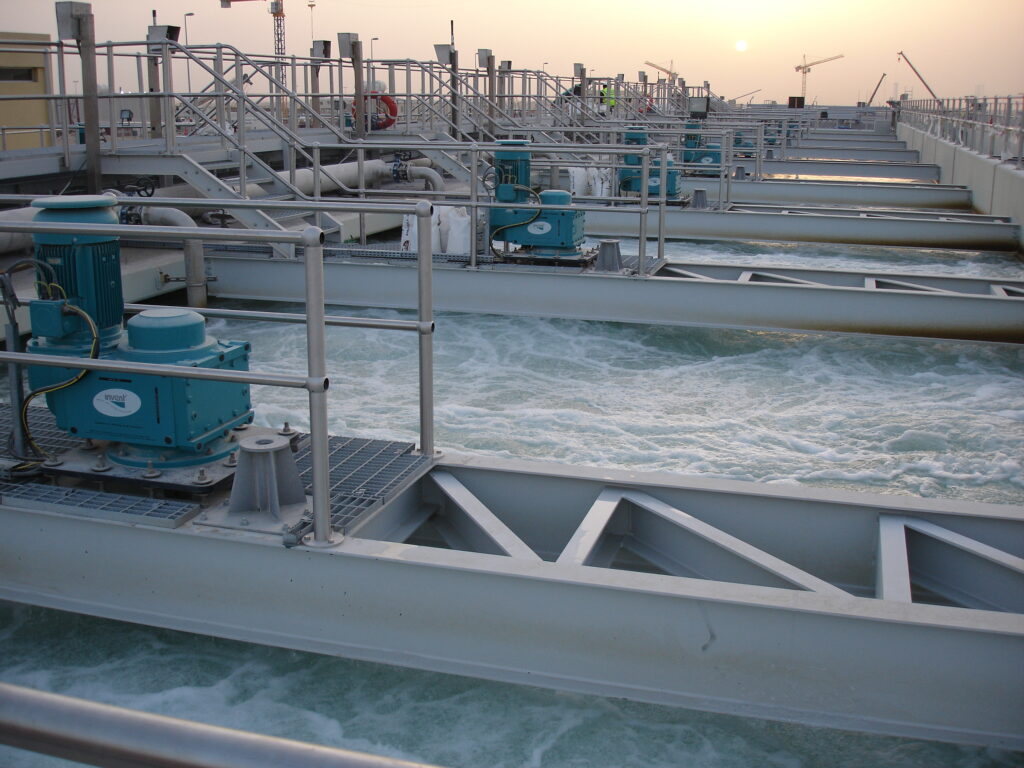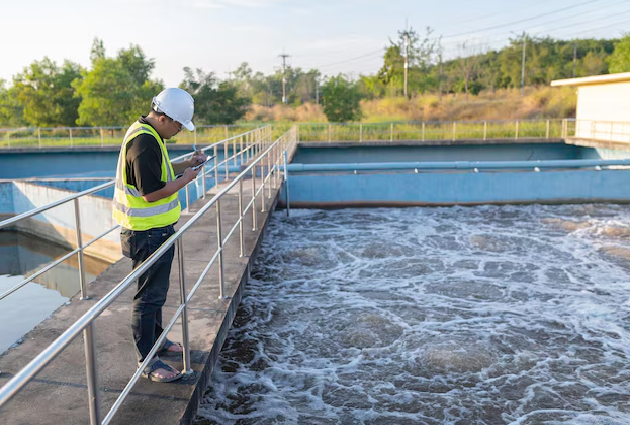
As India’s manufacturing sector continues to expand, the importance of effective water storage solutions has never been more critical. Water is an essential resource for various industrial processes, from production and cooling to sanitation and maintenance. Given the diverse and often challenging climatic conditions across the country, large manufacturing plants must prioritize efficient water storage systems to ensure sustainability and operational effectiveness.
Understanding Water Requirements
Manufacturing plants in India have varying water requirements based on the nature of their operations. Industries such as textiles, food processing, chemicals, and pharmaceuticals may need significant volumes of water for different stages of production. Understanding the specific water demands is the first step in designing a robust water storage strategy.
A comprehensive assessment of water usage patterns helps in estimating daily, weekly, and seasonal needs. This evaluation should also consider fluctuations in production levels and any future expansions. By accurately gauging water requirements, manufacturers can better design their storage systems to avoid shortages or excess capacity.
Types of Water Storage Solutions
There are several types of water storage solutions available for large manufacturing plants, each with its advantages and considerations:
Above-Ground Tanks: These tanks are relatively easy to install and maintain. Made from materials such as steel, plastic, or fiberglass, above-ground tanks offer flexibility in design and can be constructed in various sizes. They are particularly useful for short-term storage and can be installed quickly.
Underground Tanks: These tanks are ideal for conserving space and maintaining water temperature. However, they require careful planning for installation, including considerations for groundwater and soil stability.
Reservoirs and Ponds: For plants with ample land, constructing reservoirs or ponds can be a viable option. These larger bodies of water can serve as a sustainable source, especially in rural areas. However, they necessitate regular maintenance and management to prevent contamination and ensure water quality.
Rainwater Harvesting Systems: Implementing rainwater harvesting can significantly reduce reliance on municipal or groundwater sources. These systems capture and store rainwater, providing an eco-friendly alternative that can supplement the plant’s water needs, especially during monsoon seasons.

Quality Control and Water Treatment
Regardless of the storage method chosen, maintaining water quality is paramount. Contaminated water can jeopardize manufacturing processes and product quality, leading to operational setbacks and regulatory challenges. Therefore, implementing effective water treatment systems is crucial.
Filtration, chlorination, and UV treatment are common methods for ensuring water quality. Regular testing for contaminants is also essential to guarantee that the stored water meets industry standards. By investing in water treatment technologies, manufacturers can enhance their production quality and safeguard their operations.
Sustainability and Regulatory Compliance
Sustainability is a growing concern in India’s manufacturing landscape. As industries strive to minimize their environmental impact, efficient water management practices are becoming essential. This includes not only effective storage solutions but also strategies for water conservation and recycling.
Manufacturers should familiarize themselves with local regulations regarding water usage and storage. Compliance with these regulations is vital not only for legal operation but also for enhancing the company’s reputation. Demonstrating a commitment to responsible water use can be a competitive advantage in today’s eco-conscious market.
Conclusion
Effective water storage is an essential component of large manufacturing operations in India. With the increasing pressures of growth, environmental sustainability, and regulatory compliance, manufacturers must carefully evaluate their water storage strategies. By understanding water requirements, selecting appropriate storage solutions, ensuring quality control, and preparing for emergencies, plants can secure a reliable water supply that supports their production goals and sustainability objectives. As India continues to develop as a manufacturing powerhouse, the thoughtful management of water resources will be pivotal in shaping a sustainable future.


